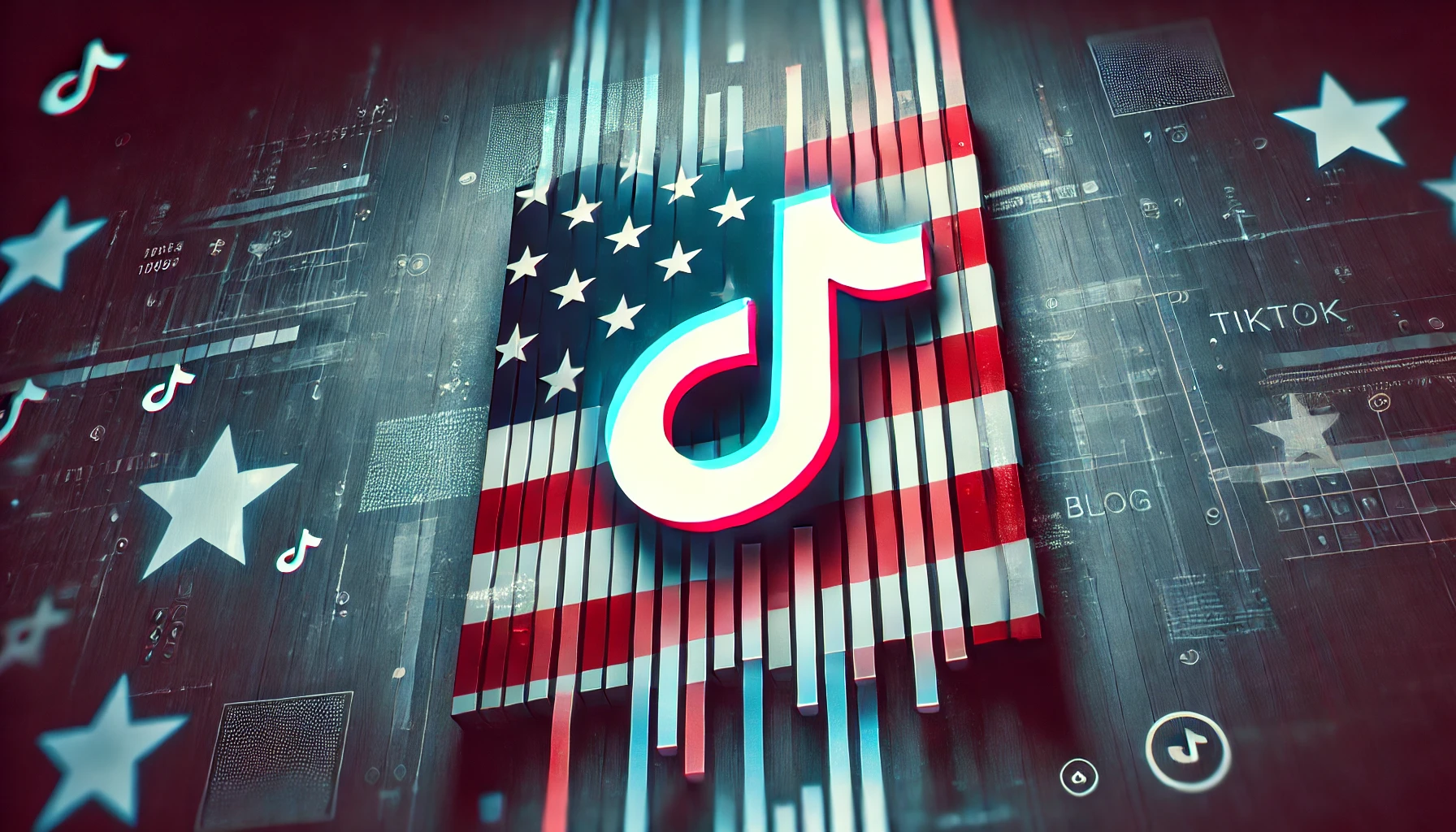

The TikTok Ban in the USA: Scenarios and Implications for Digital Communication. Risk or opportunity?
TikTok’s future in the United States is hanging in the balance. The Supreme Court appears ready to uphold a law that could ban the social media platform from the U.S. market starting January 19, 2025, unless its parent company, ByteDance, sells TikTok to an American firm. If enacted, TikTok would no longer be available for download in the U.S., and current users may face restricted access. .
Post-Ban Scenarios
Routine might sound mundane, but in leadership, it’s a cornerstone of reliability. Here’s why:
1. TikTok is sold and remains active in the U.S.
- Implications:
A sale to a U.S.-based company would allow TikTok to continue operations, though the transition could take months and result in changes to data policies and algorithm management. - Opportunities:
A new owner might enhance transparency, making TikTok more attractive to advertisers.
2. TikTok is banned without a sale
- Implications:
The app would be removed from app stores, and functionalities for existing users could be gradually limited. Younger audiences would migrate to alternatives like Instagram Reels, YouTube Shorts, or Snapchat or any other platform of interest to them (eventually a startup!). - Loss for brands:
An estimated $8.7 billion spent on TikTok advertising and influencer marketing in the U.S. would need to be reallocated.- Global impact:
With TikTok’s total global advertising revenue estimated at $18.5 billion for 2024, nearly 47% of its global earnings are tied to the U.S. market, showcasing the critical role this region plays in its business model.
- Global impact:
3. Emergence of TikTok alternatives
- Implications:
The void left by TikTok could inspire new platforms. Competitors might highlight privacy and security as their unique selling points to attract TikTok’s displaced audience.
4. User resistance
- Implications:
American users might attempt to bypass the ban using VPNs, which raises questions about legality and cybersecurity risks.
Implications for Communication and Marketing

1. Redesigning marketing strategies
- Reallocation of budgets:
Brands will need to divert advertising investments to alternative platforms to maintain visibility among younger demographics. - Focus on new channels:
Alongside Reels and Shorts, brands may pivot to podcasts, newsletters, and other direct engagement tools.
2. Impact on influencer marketing
- Loss of a key platform:
TikTok has been central to the creator economy. A ban would disrupt influencer-brand collaborations and force creators to rebuild audiences elsewhere. - Migration of influencers:
Influencers would likely transition to other platforms, but they may face challenges replicating TikTok’s unique virality.
3. Opportunities for competitors
- Gains for Meta, Google, and Snapchat:
These companies stand to benefit from the influx of advertising dollars and users migrating from TikTok. - Rise of new social networks:
Innovative platforms focused on privacy and transparency could emerge as strong contenders.
4. Shifting communication narratives
- Privacy and security:
Concerns about data protection will shape consumer preferences and communication strategies. - Localized communication:
Brands may emphasize regional content and collaborations with local platforms.
Conclusion: Is Digital Marketing Ready for Change?
A TikTok ban in the U.S. could redefine digital marketing strategies and reshape consumer engagement with online content. Brands and marketers must quickly adapt, exploring new platforms and strategies to sustain connections with younger audiences.
This situation underscores how the digital landscape is increasingly influenced by geopolitical and regulatory dynamics, with tangible impacts on businesses and consumers worldwide. While the future remains uncertain, one thing is clear: adaptability will be the key to success.
Personal Perspective: From my point of view, this move is causing significant unease among businesses and influencers. The January 19 deadline is so stringent that it is likely to disrupt many roles within the digital economy. However, I also believe this upheaval presents an opportunity for startups and digital creatives. With innovation and agility, they could fill the void left by TikTok, paving the way for fresh solutions and alternative platforms to emerge.

“The TikTok ban in the U.S. is more than a regulatory move; it’s a pivotal moment for the digital economy. While it disrupts many businesses and influencer careers, it also opens the door for startups and creative minds to innovate and redefine how we connect in the digital world.".”
F.G.Bartolini

Would you like to chat about this?
Share the knowledge
More from the blog
- All Work
- /BartoliniCommunication
- /Blog
- /Corporate Communication
- /Employer Branding





